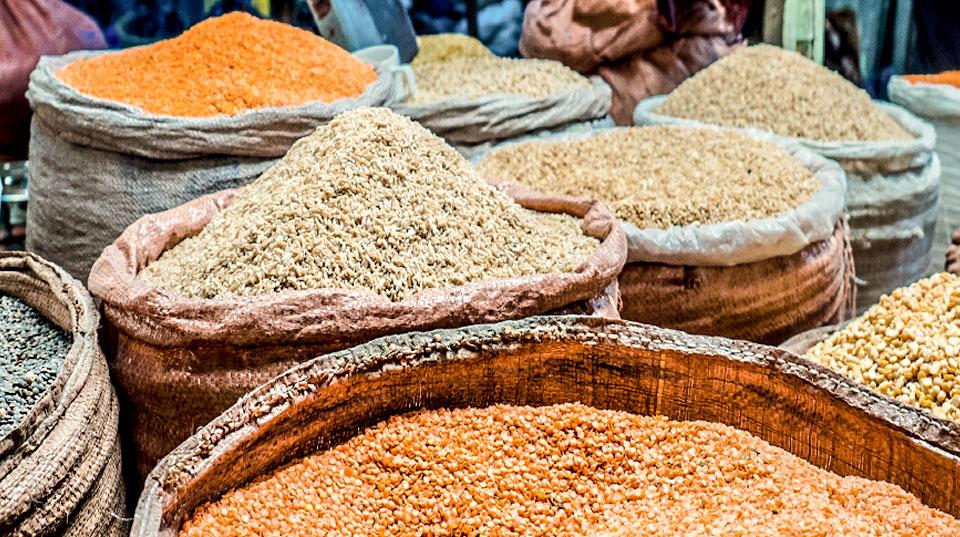Overview
This project aimed to develop improved wheat varieties for India and Australia using molecular technologies.
Modern wheat breeding is changing rapidly. Scientists can use molecular markers linked to important traits, DNA fingerprinting technologies, integrated breeding strategies, and data management to make wheat breeding more efficient and effective.
Over the last 10 years, scientists have developed distinct 'markers' for desirable traits such as tolerance to abiotic stresses, disease resistance and quality grains. These markers are being used to accelerate plant breeding in crops, including wheat. Australia leads the world in developing and adopting molecular technologies in nationally co-ordinated wheat-breeding programs. India has excellent molecular biologists spread over many institutes, but without linkages to wheat-breeding programs throughout the country. Collaboration with Australian scientists has led to the development of new genetic materials, selected using molecular markers valuable to both countries.
This project built on the success of a previous phase I project, and expanded the depth and breadth of adoption of molecular wheat breeding in India.
The phase II project, jointly funded by the Indian Council of Agricultural Research (ICAR) and ACIAR, built on these successes and introduced new cutting-edge plant breeding strategies in India's key breeding programs, including new partners in the eastern states of Bihar and Jharkhand.





